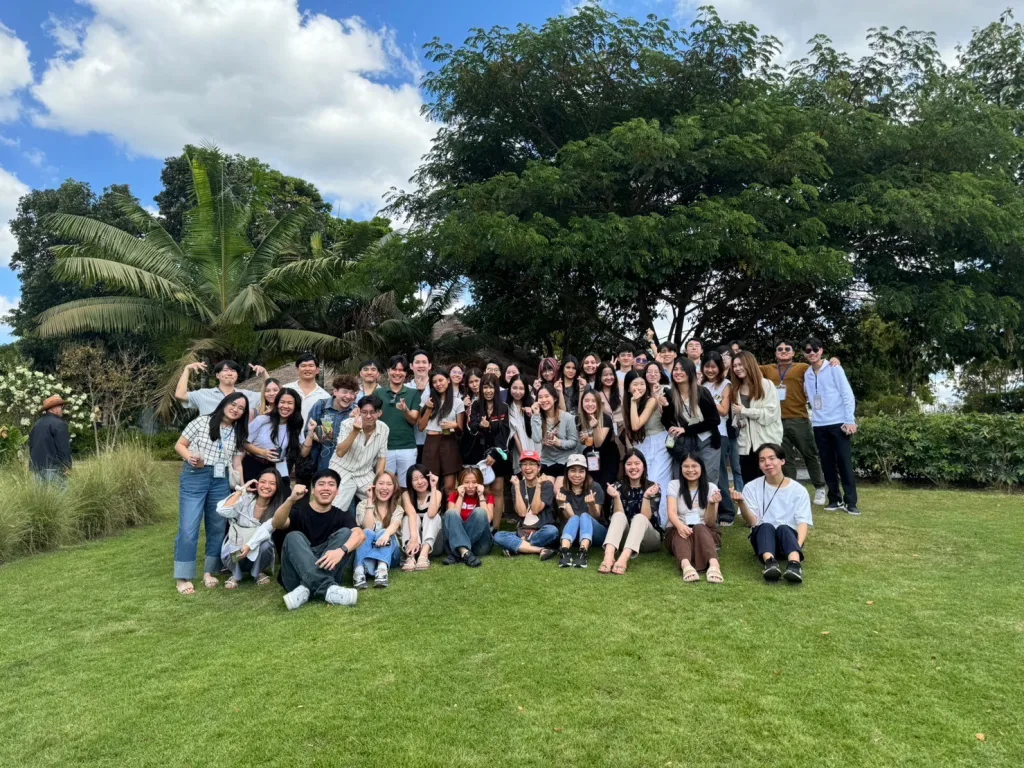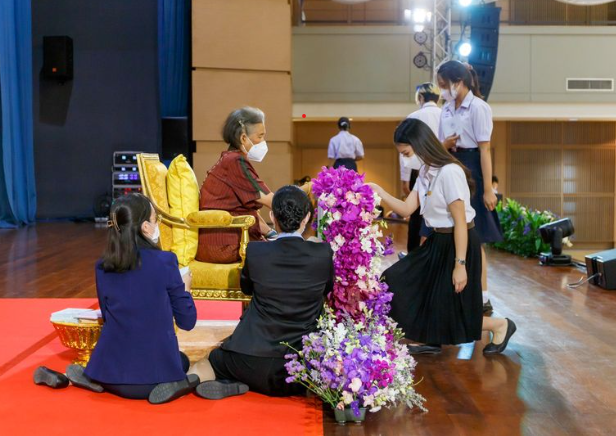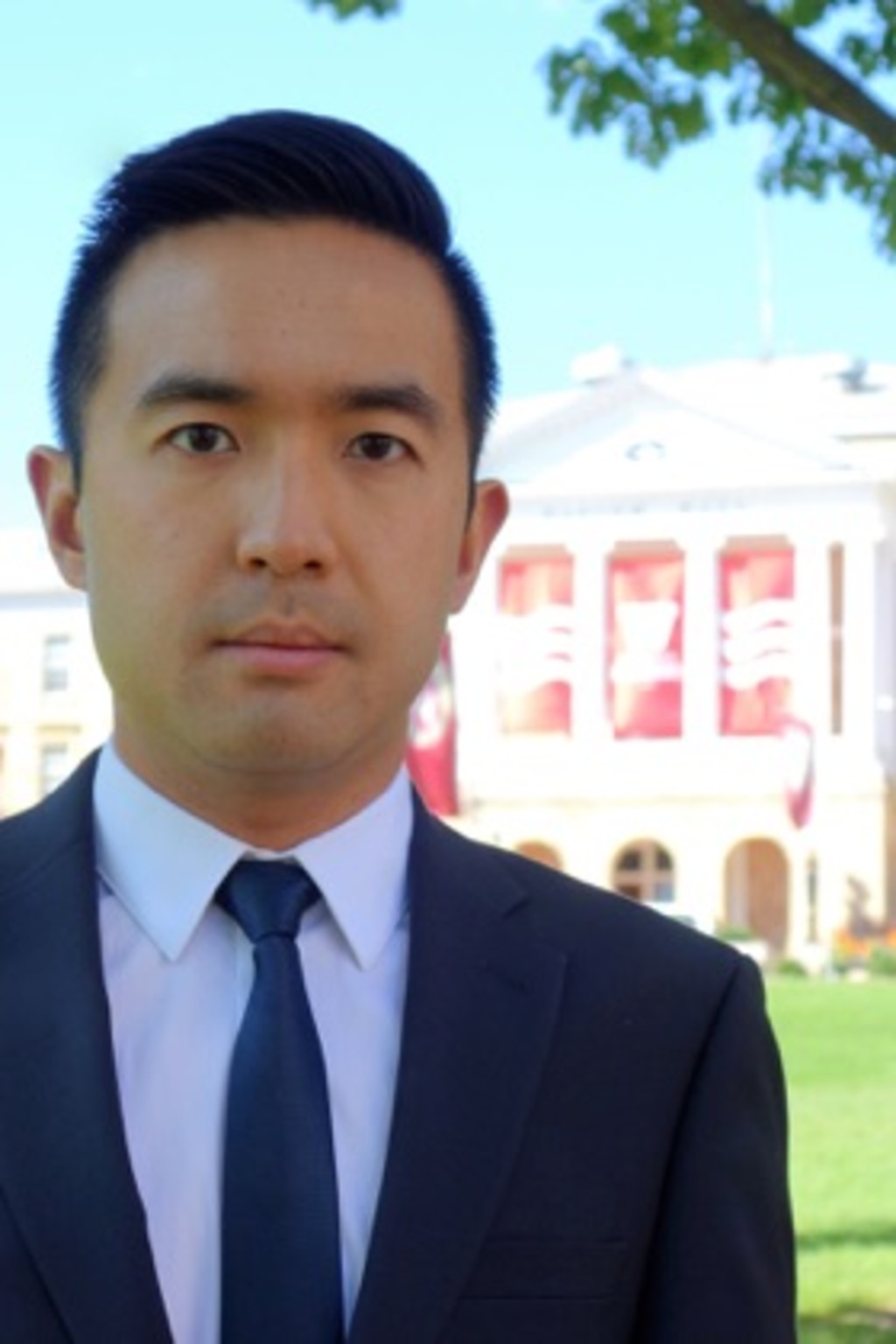







Spotlights on BE & Featured News
In 2023, the Bachelor of Economics, International Program (BE Program), Faculty of Economics,Thammasat University marks the 30th anniversary of its founding.
In light of this significant milestone, the program has scheduled an event to celebrate under the theme “BE Beyond We Create More Than Economists” on November 11, 2023.
On this auspicious occasion, the BE Program extends a heartfelt invitation to former students of all generations, individuals holding all student IDs, current students, and Faculty personnel to join us at the reunion event, “30 Years of BE People,” taking place from 1:30 p.m. to 11:00 p.m. This event is organized by the BE Program, Faculty of Economics, Thammasat University.
About Us
The B.E. International Program began operation in 1993
The B.E. International Program began operation in 1993, as a self-financing semi-autonomous arm of the Faculty of Economics. The program combines a broad educational foundation with extensive preparation in the various aspects of economic theory and practice. The program is designed to promote self-development and critical thinking, and to provide familiarity with advanced theory and technology. With English as the medium of instruction, students develop effective communication skills in the language of international business and economic negotiations. The integration of practice and theory, of teaching and research which has long been a tradition at the Faculty of Economics forms the heart of this dynamic Bachelor of Economics Program and contributes to the education of tomorrow’s leaders
The program equips students with the critical skills of analysis and communication that they will need to cope effectively with the challenges of an increasingly global economy. At the same time, a team of highly qualified instructors and a wide range of courses provide ample opportunity for specialization.
With a combination of highly-qualified Thai instructors, and respected visiting lecturers from overseas, the Faculty of Economics at Thammasat University continues its long tradition of offering a strong, comprehensive learning experience, combining theory with in-depth analysis of Thai and international economic realities.
BE Family Testimonials
- There were no results found.
- There were no results found.





















